Professional Residential & Commercial HVAC Services
Professional Residential & Commercial HVAC Services
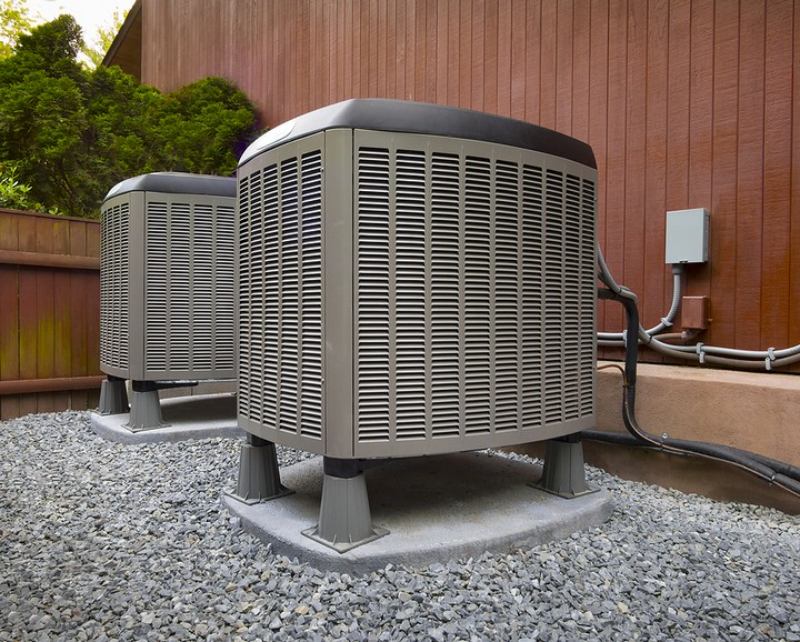
Choosing the appropriate furnace can make all the difference in keeping warm during those blustery winter months. Gas and electric furnaces are two popular heating solutions available to homeowners. Each choice carries its own advantages and disadvantages that must be carefully considered in making an informed decision for heating needs such as new installations, repairs, or heating replacement. Zion Custom Air explores their differences to help guide informed choices for you as part of making informed choices regarding installation costs, repairs, or replacement needs.
Gas furnaces have long been an appealing and cost-efficient heating option, thanks to their ability to use natural gas to meet their heating needs. Their operation involves burning natural gas to generate heat distributed throughout your home through an elaborate network of ducts. Here are a few key benefits associated with choosing one:
However, it's essential to bear in mind the potential drawbacks associated with gas furnaces:
Electric furnaces offer an easier and more adaptable heating solution. Utilizing electric resistance coils generates heat that circulates throughout your ductwork network. Here are a few advantages of choosing an electric furnace:
But when selecting an electric furnace, certain downsides should be kept in mind:
At the core, selecting a gas or electric furnace boils down to personal preferences and requirements. Here are a few factors you should keep in mind when making this important decision:
Consulting an HVAC company when in doubt can be invaluable to making informed decisions about heating options for your home. HVAC specialists possess the know-how needed to assess your specific situation and recommend the ideal heating solution based on that assessment, whether that be furnace repair, new installation, replacement heating system installation, or anything in between - they offer guidance that ensures a smooth transition towards more cost-efficient yet energy-saving heating options.
the decision between gas and electric furnaces can be complex and should take many factors into consideration, including your budget, environmental concerns, safety considerations and local climate. Both options offer different advantages and drawbacks; carefully weigh them to find what suits you. Schedule regular furnace repair checks so your heating system continues operating safely. As always, take the time to explore each option available with Zion Custom Air to make the best selection for your heating system needs.
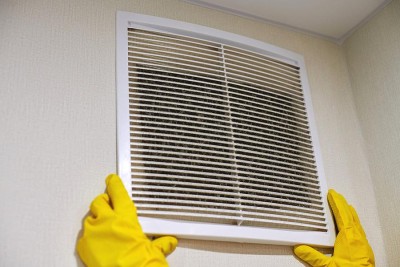
Have you ever wondered if the air inside your home could make you sick? It's a valid question, especially when thinking about the hidden parts…
Read More+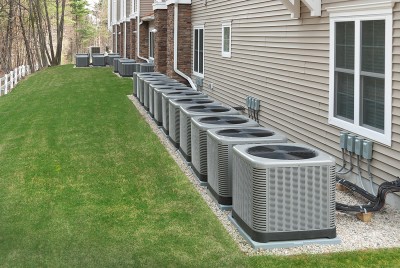
Finding ways to keep your home comfortable throughout the year can be difficult. Various solutions are available, but here, we will focus on two popular…
Read More+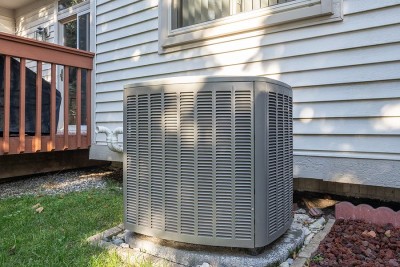
Finding an appropriate heating replacement and cooling system to keep your home comfortable can…
April 19, 2024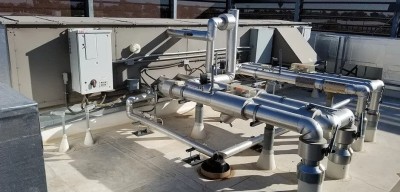
Finding the optimal heating design for your building is like selecting the ideal winter coat:…
April 13, 2024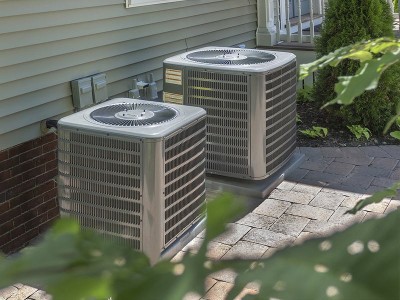
Heat pumps are like superheroes for our homes, keeping us cozy during winter and refreshing…
April 05, 2024